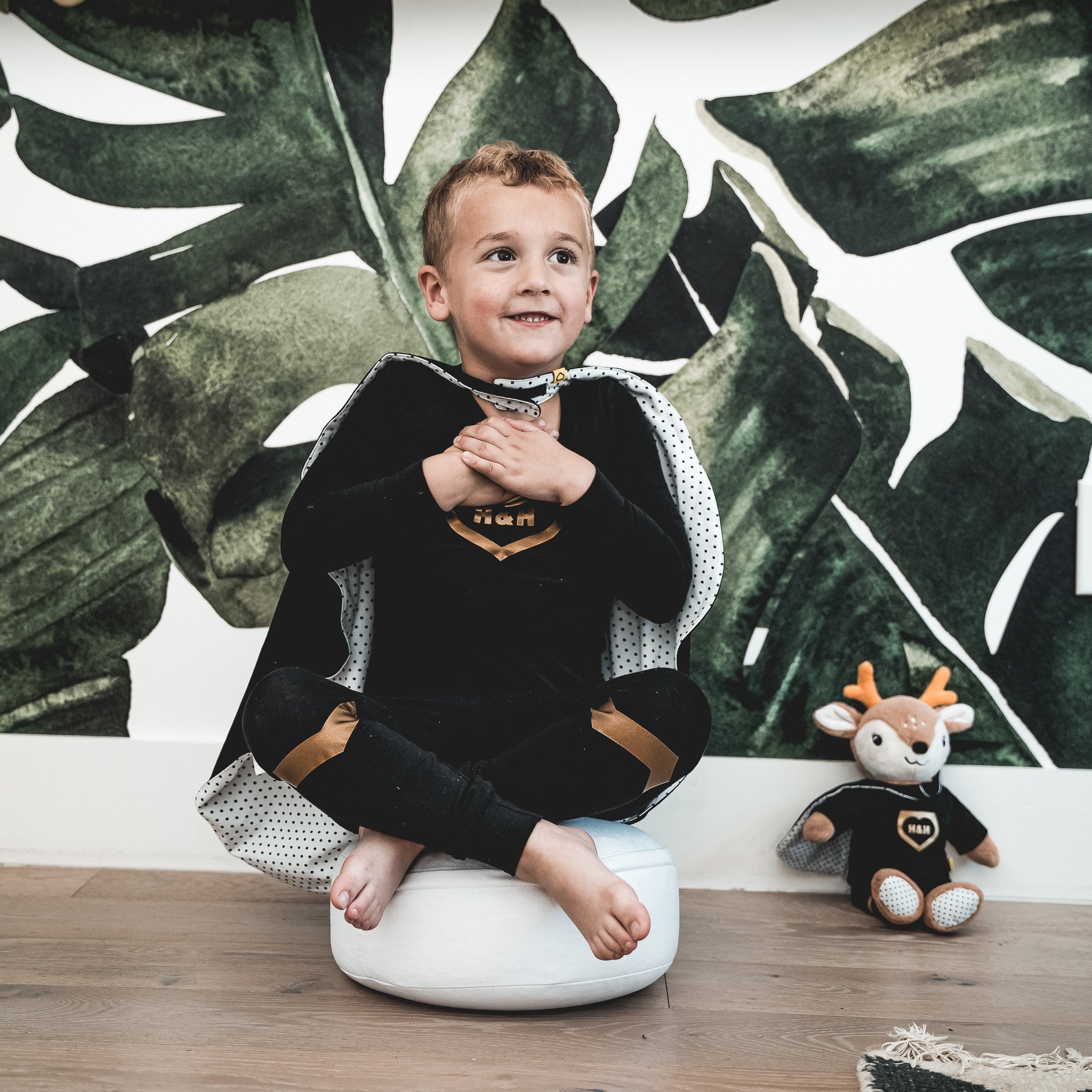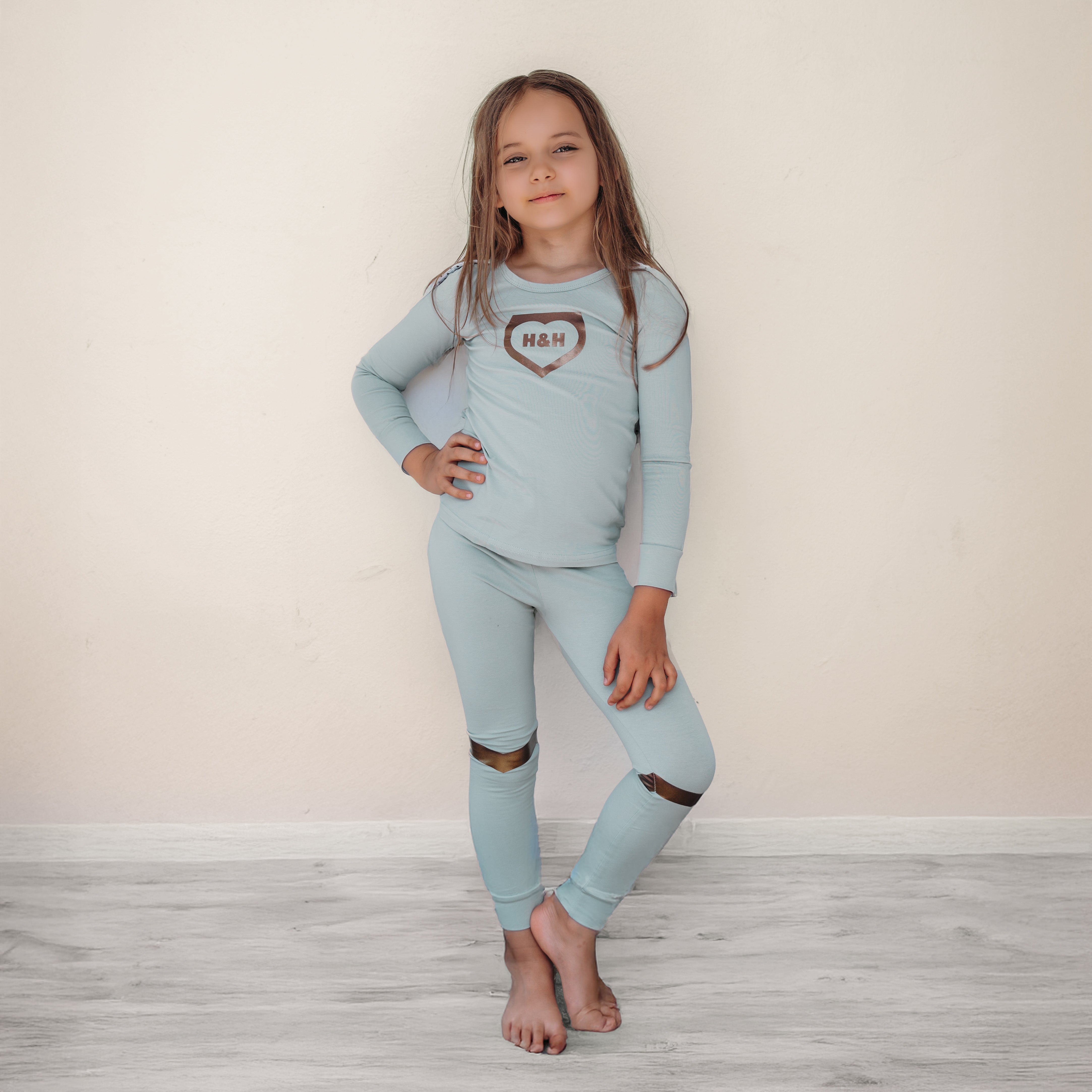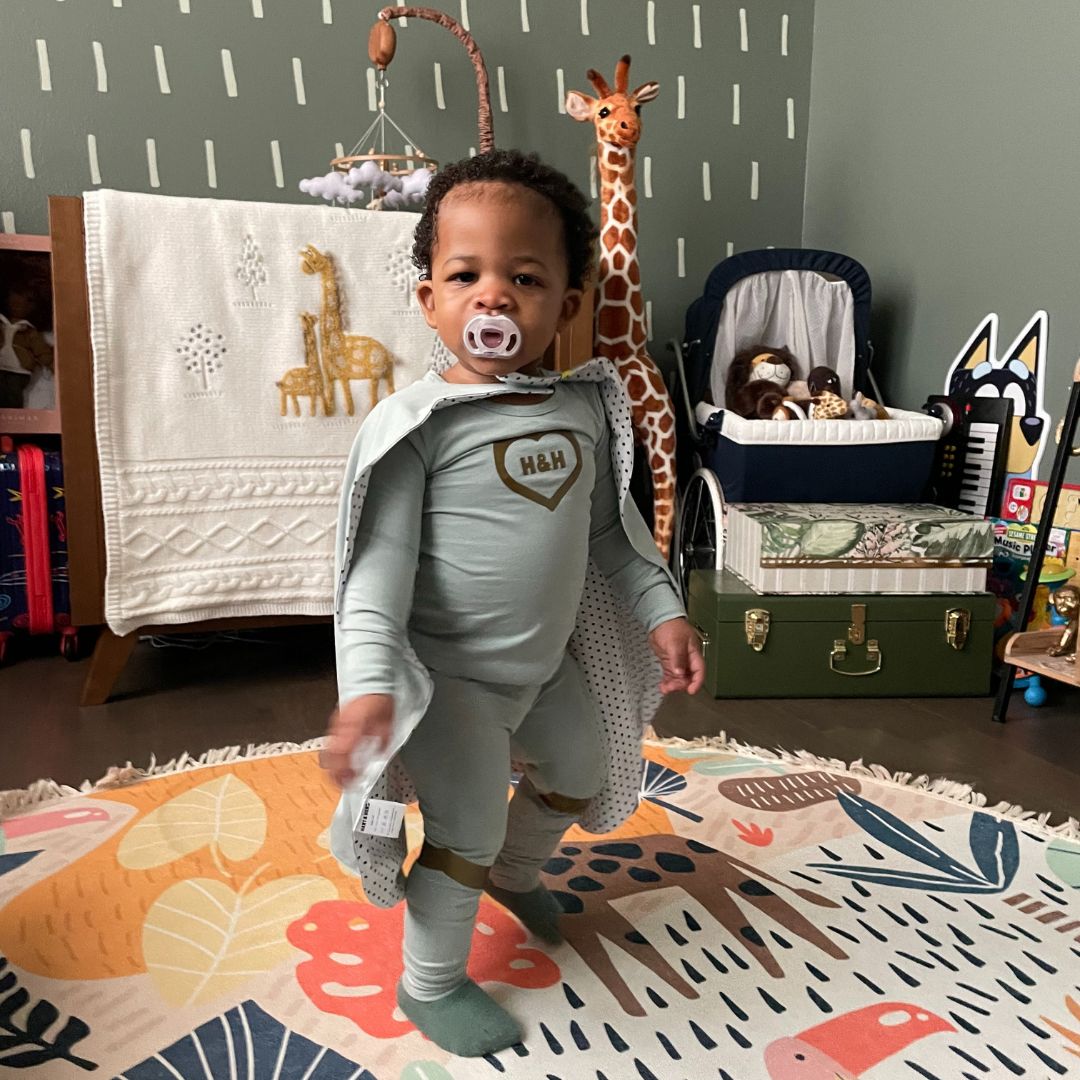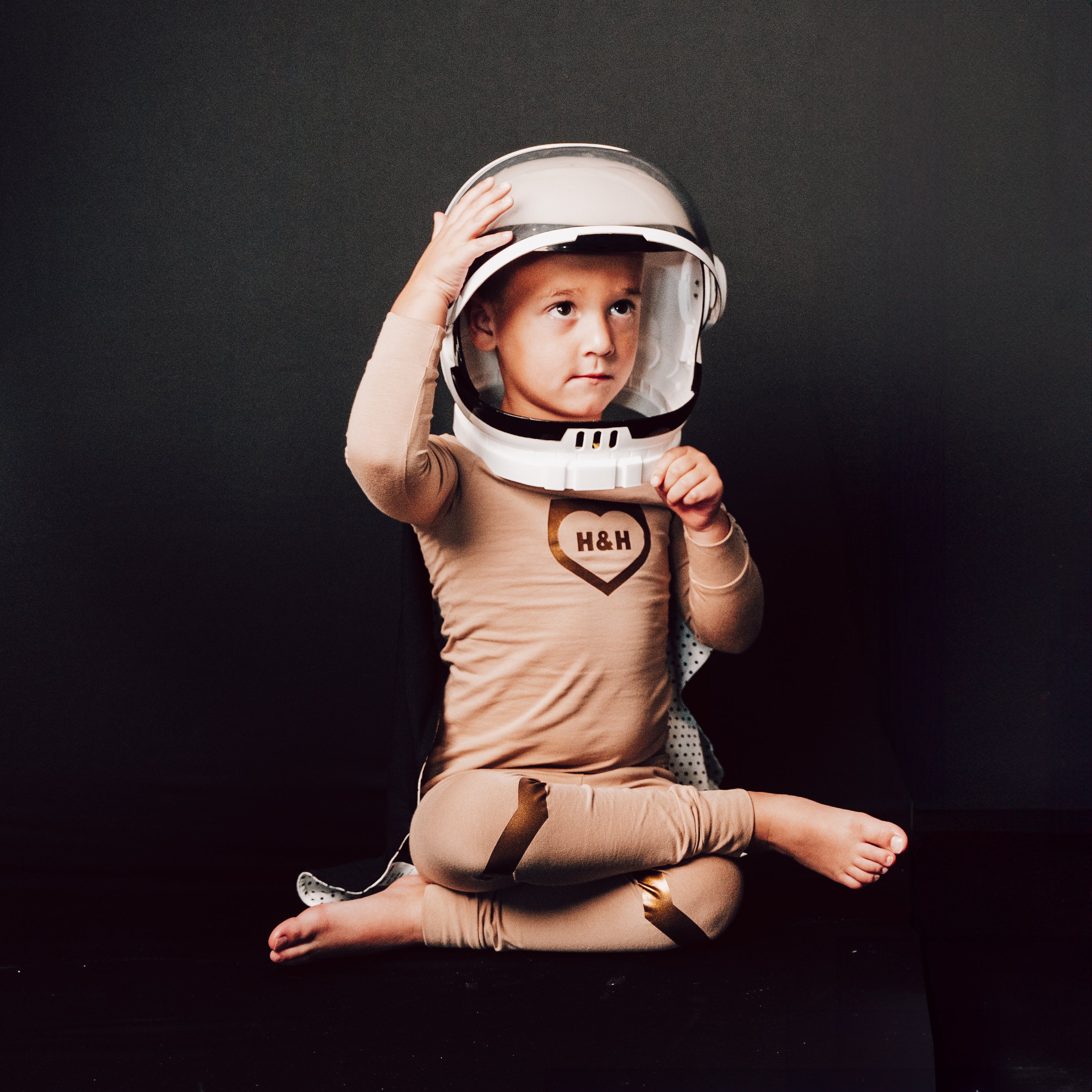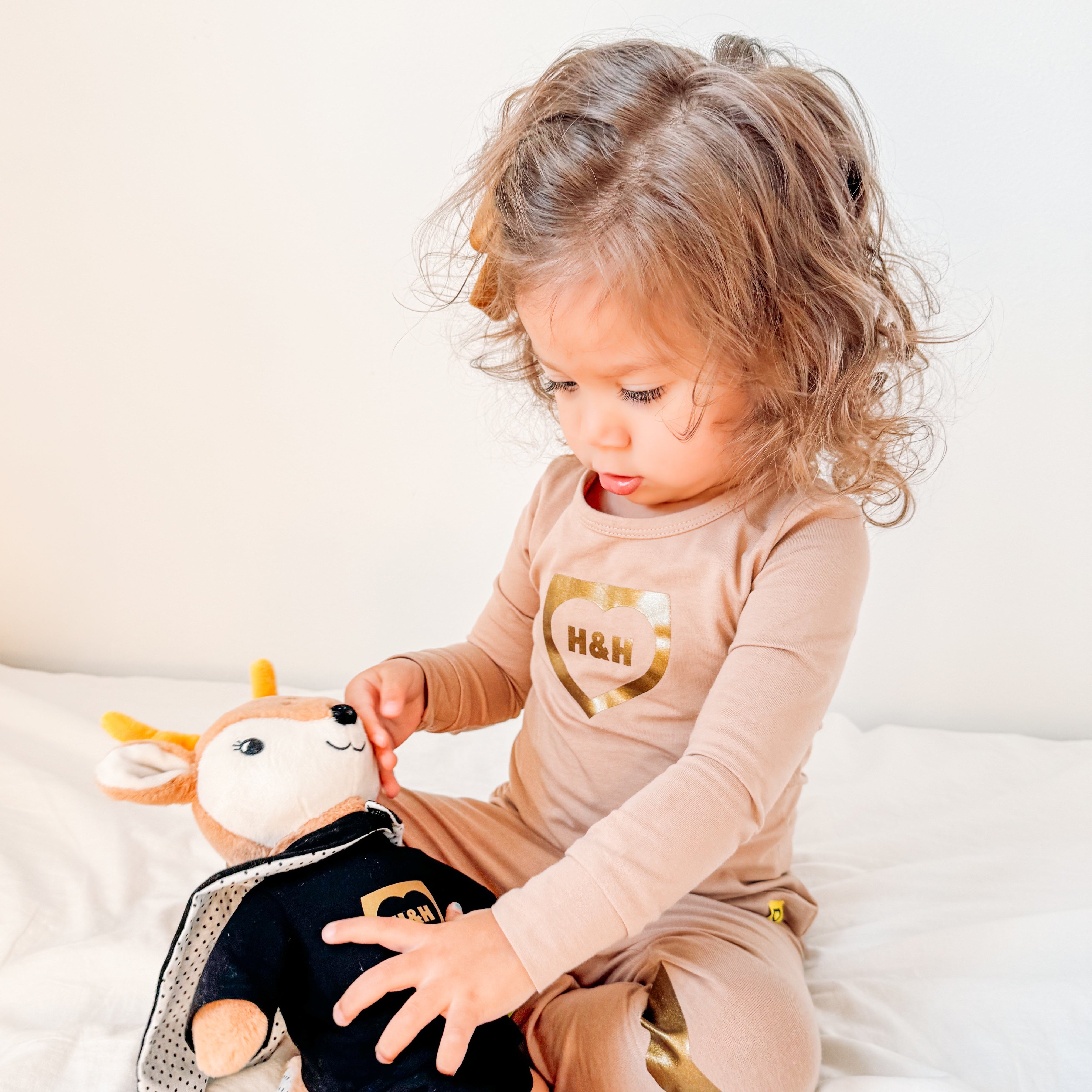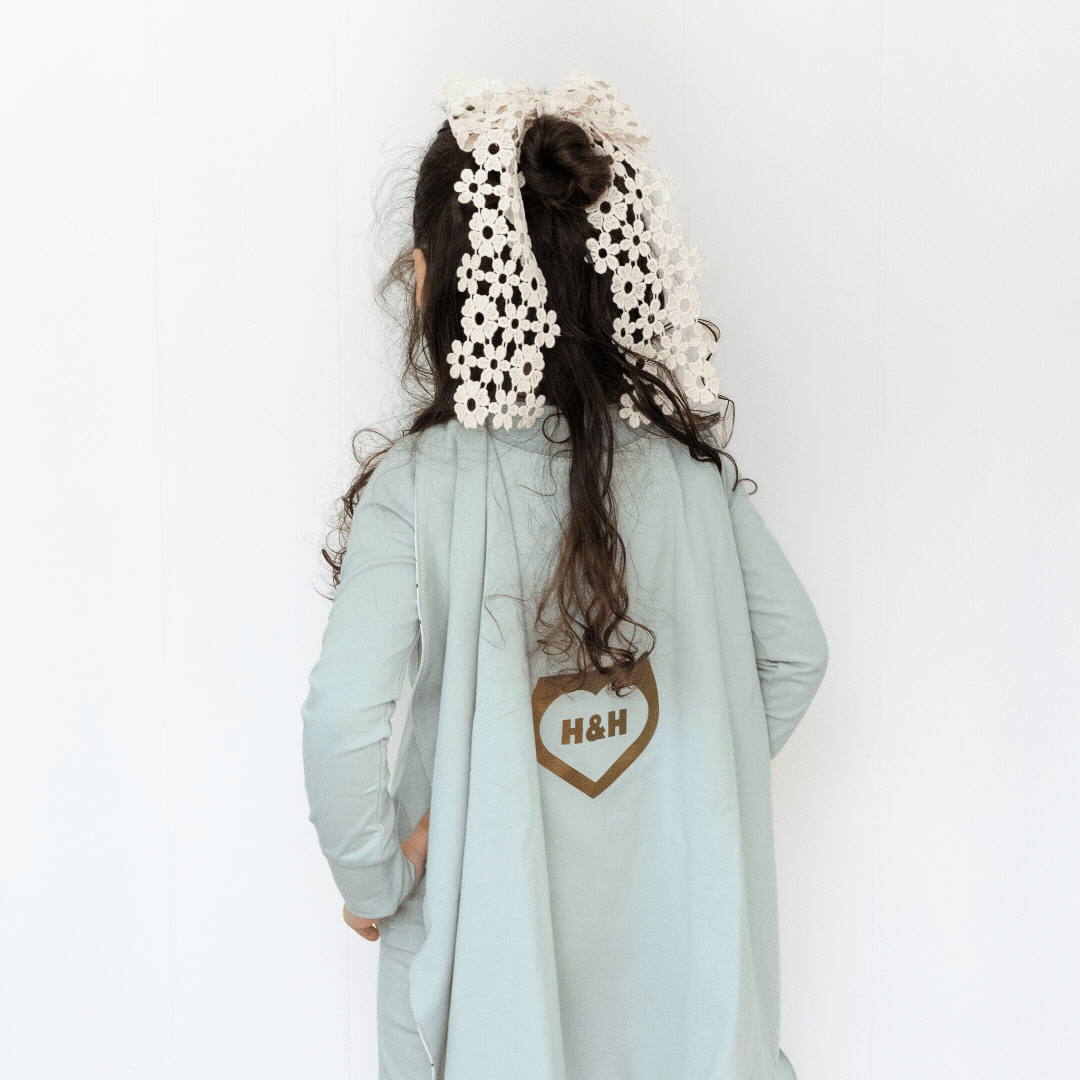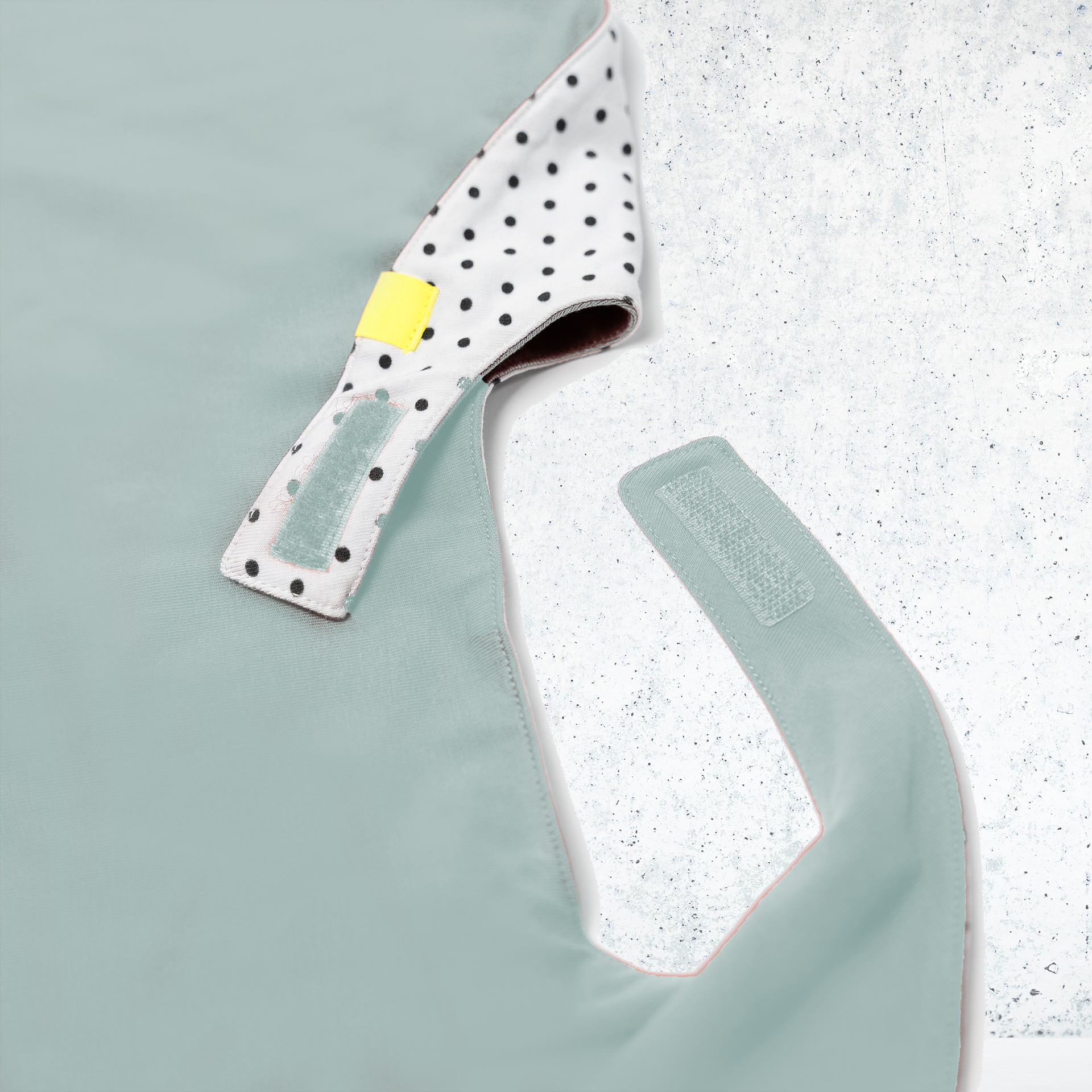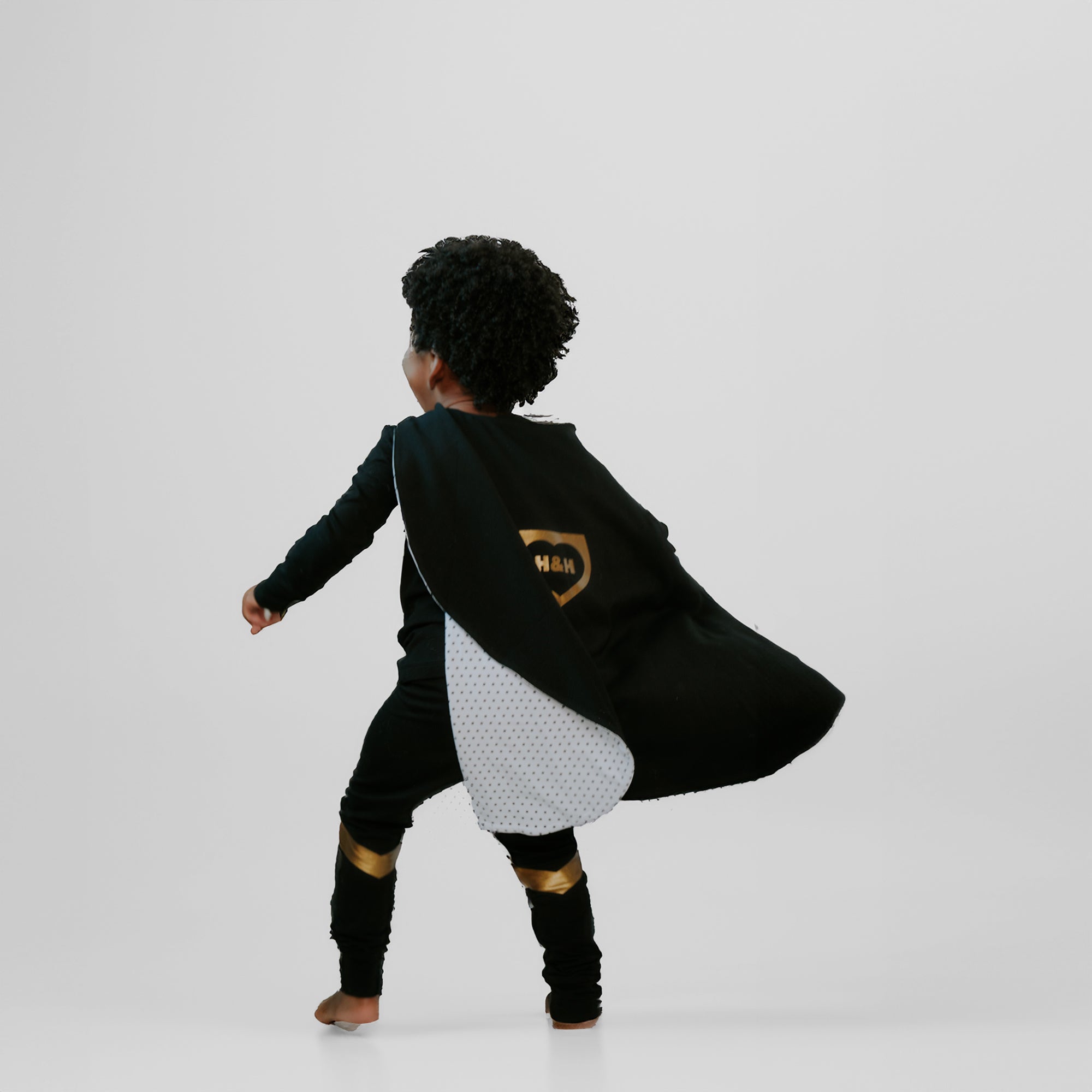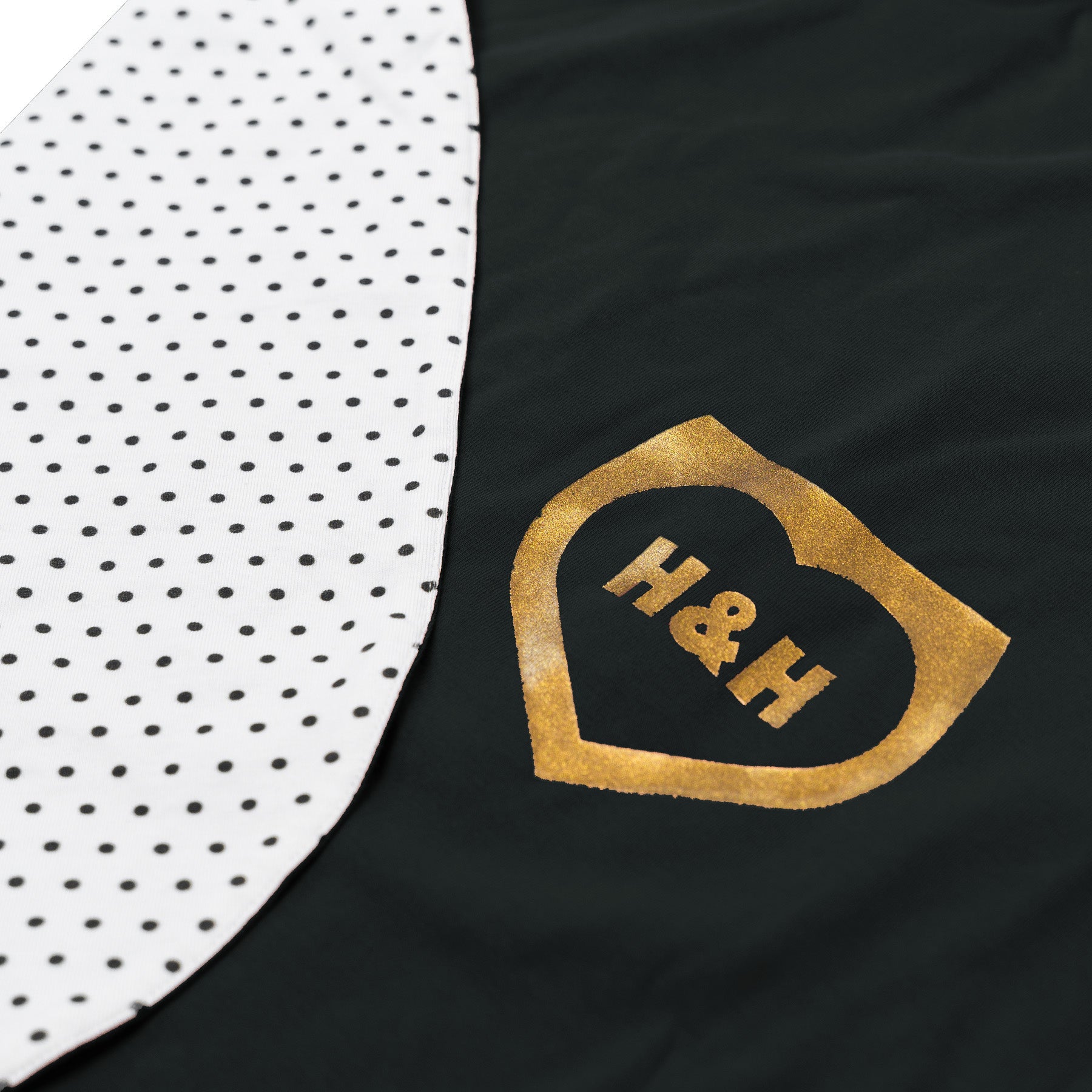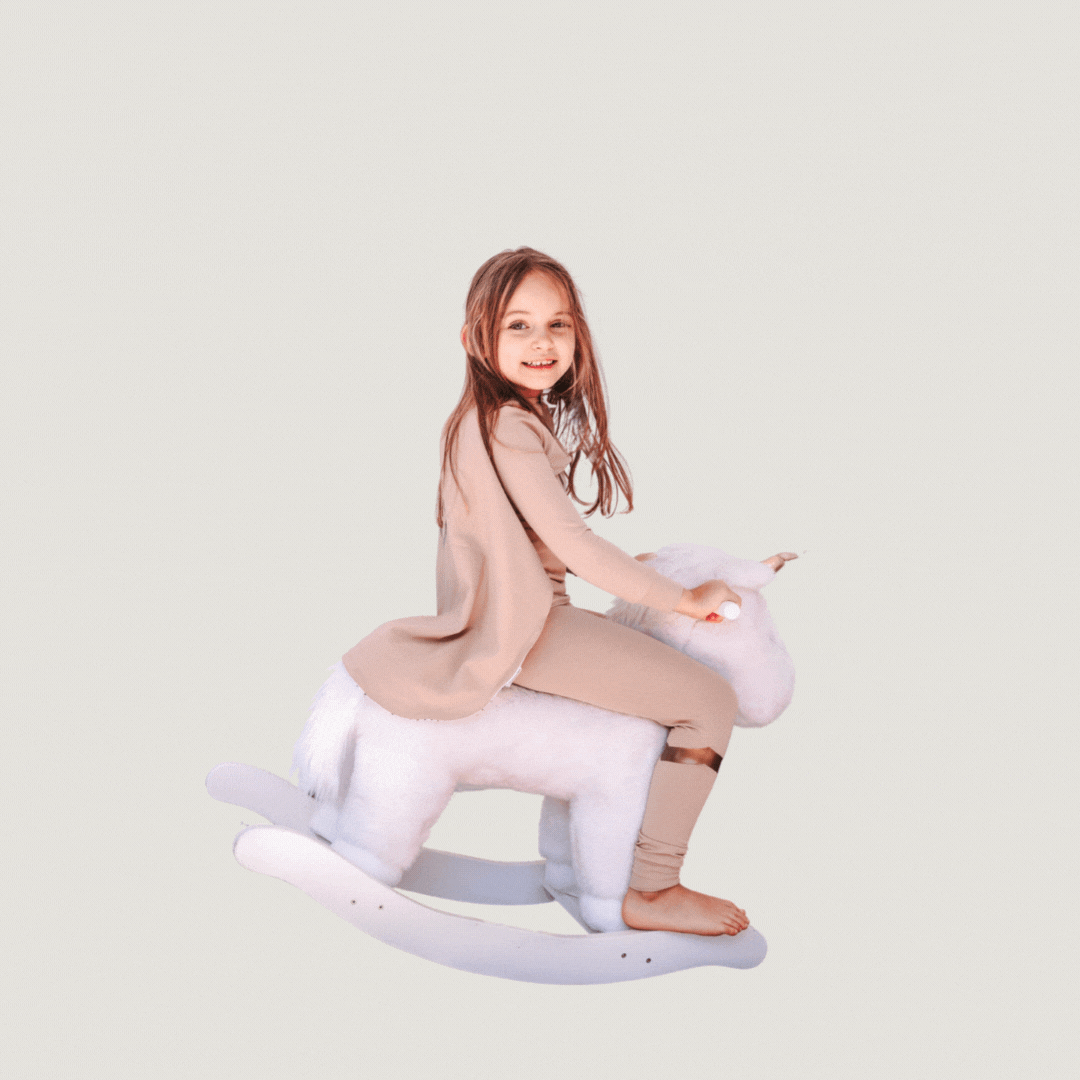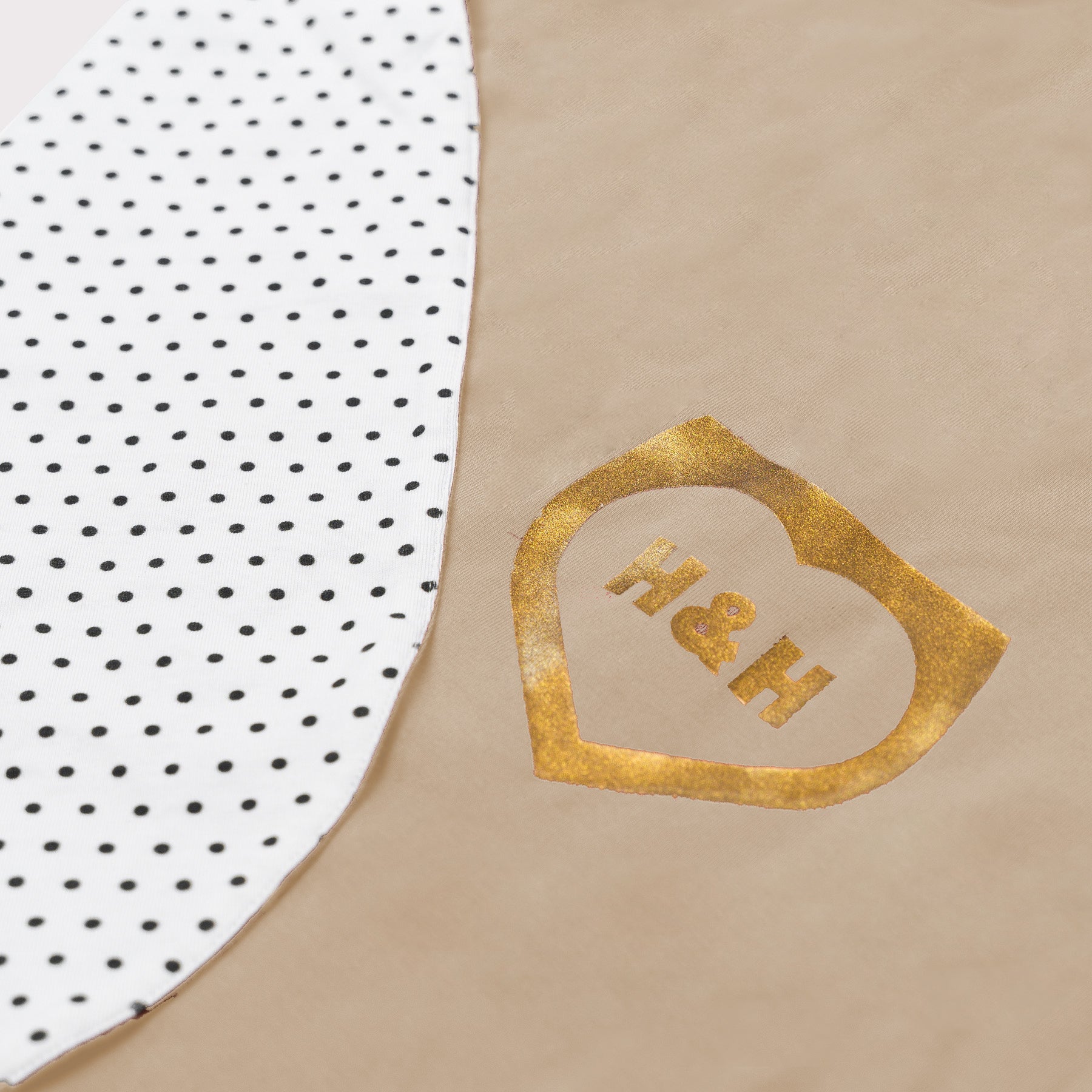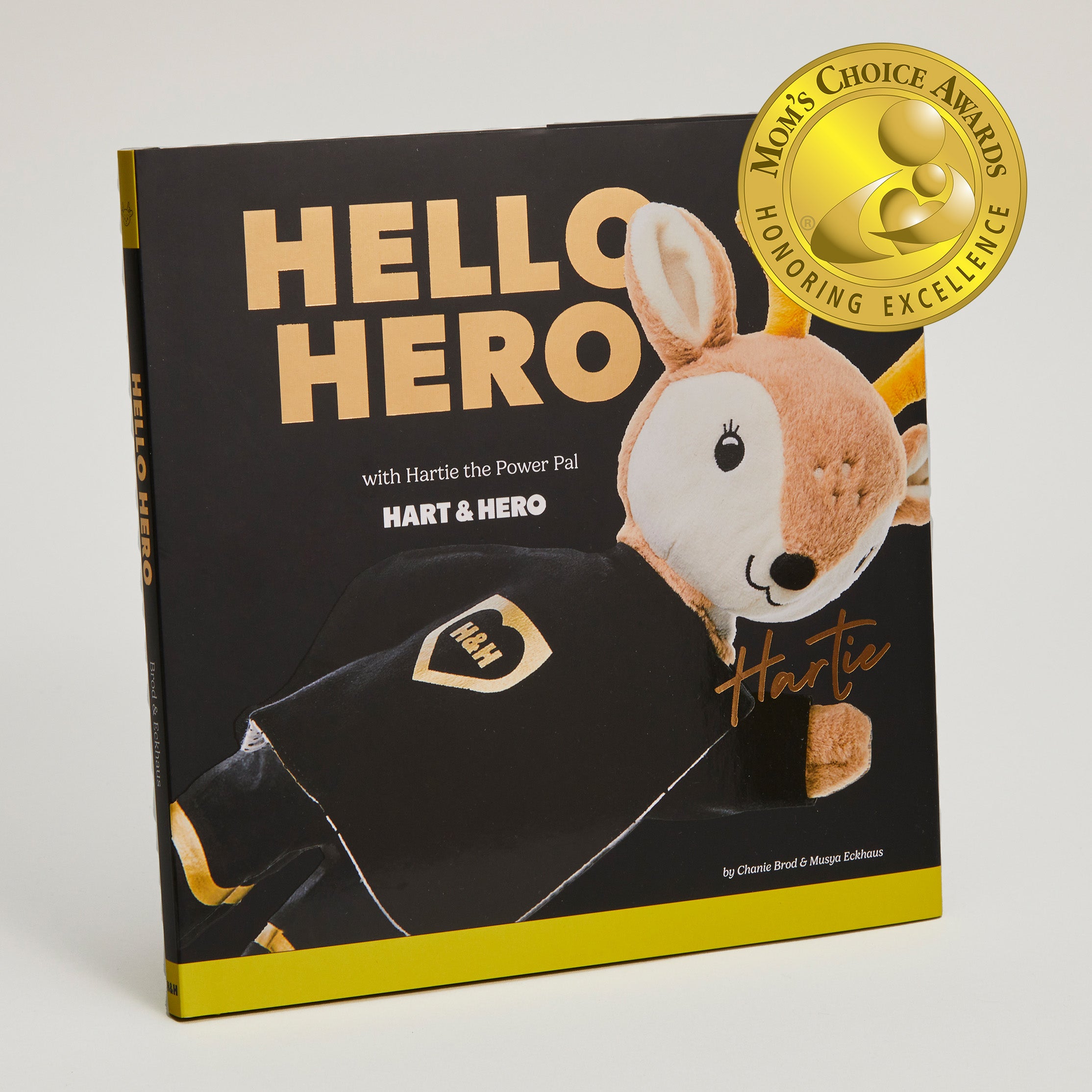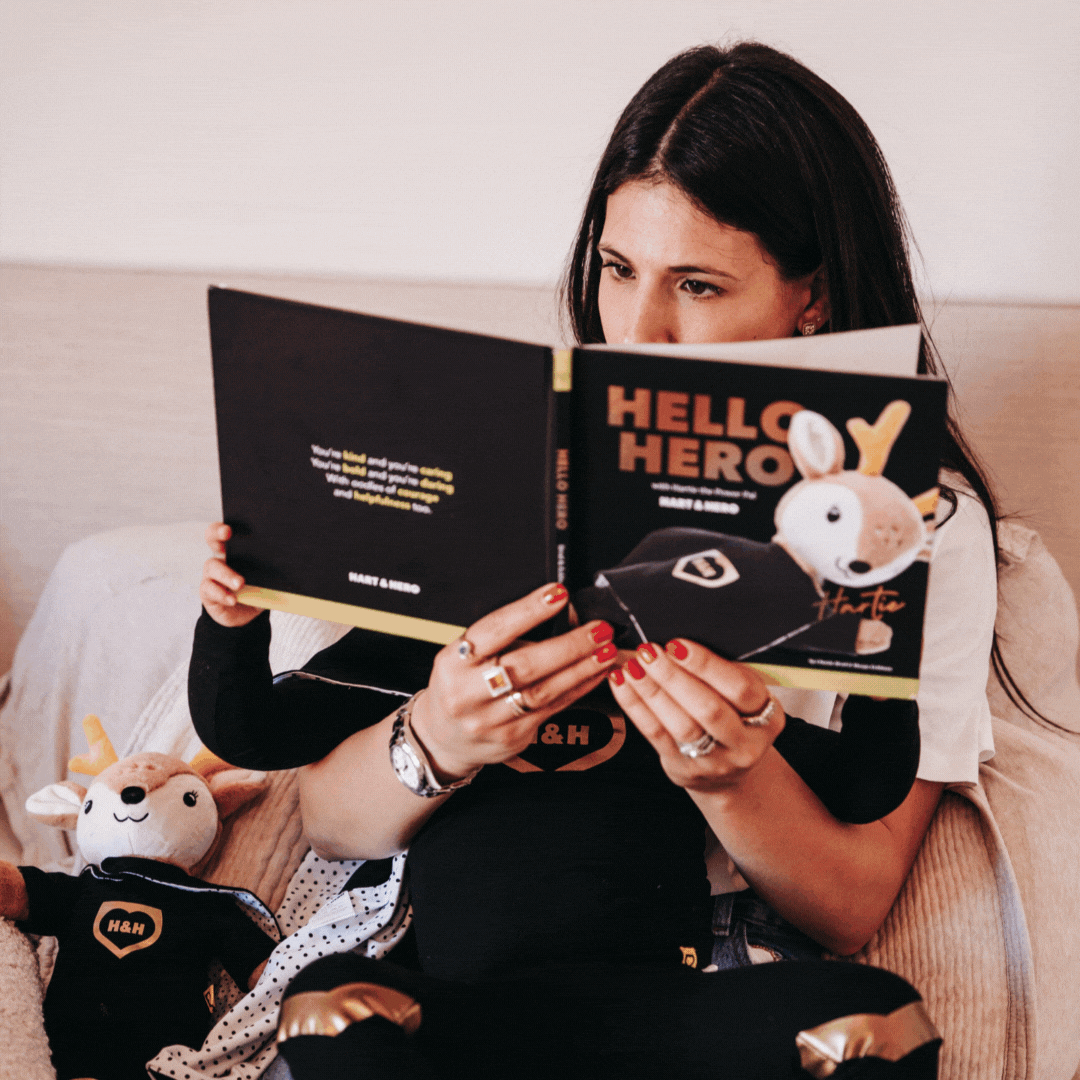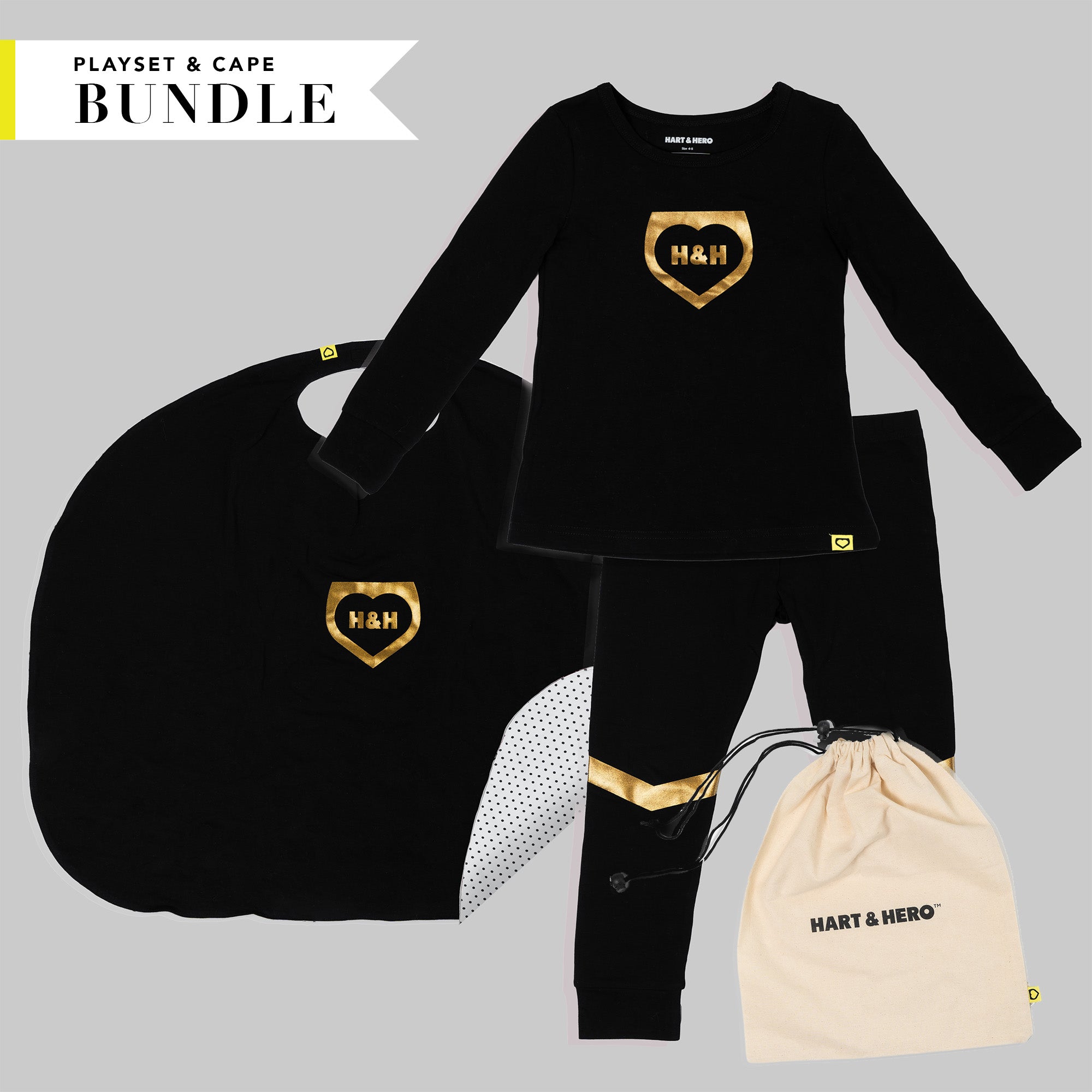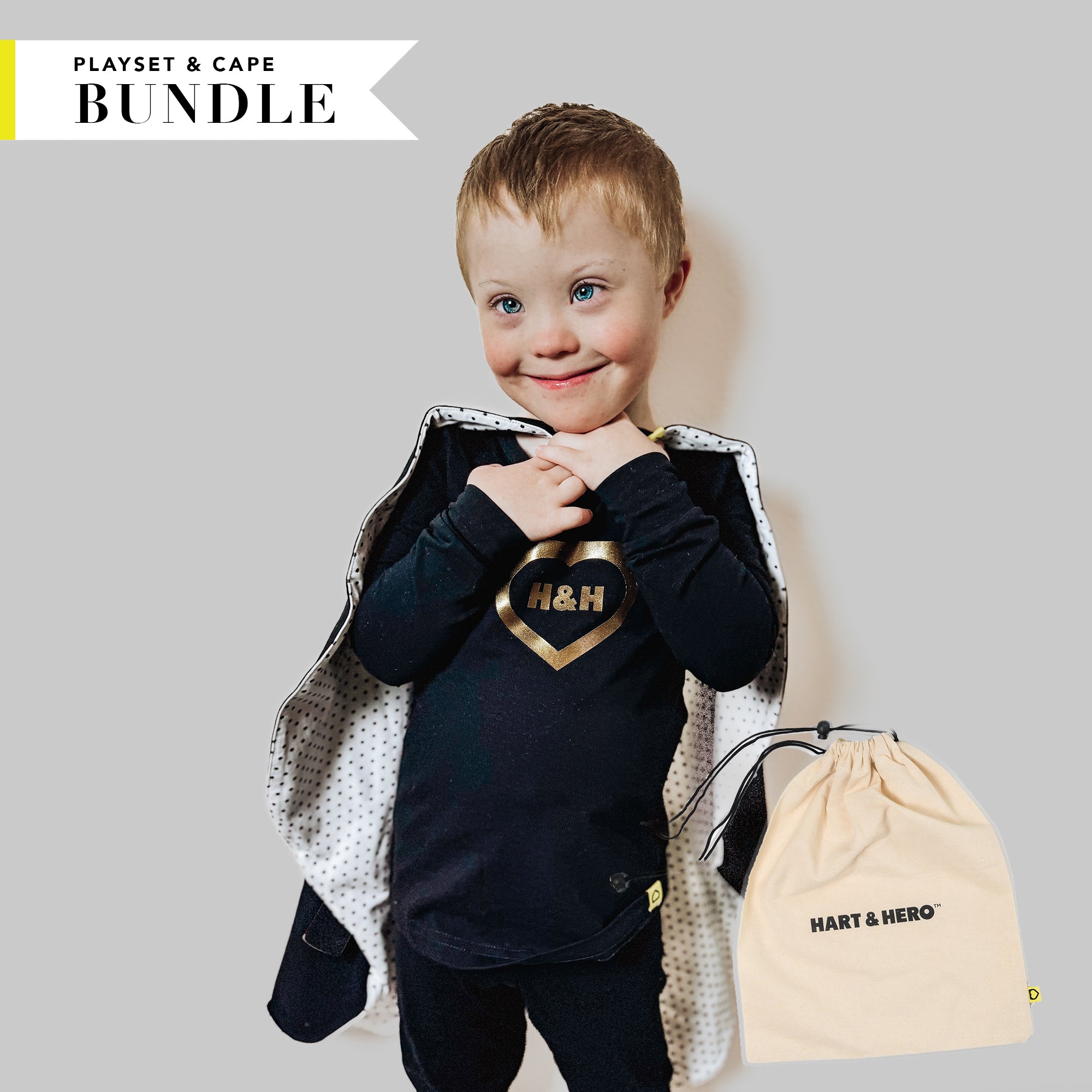
Introducing the Hero Mindset:
Introducing the Hero Mindset: Uncovering the Strength That’s Already There
A child sits on the rug, working to pull on a sock. It keeps twisting. Their fingers fumble. For a moment, frustration flashes. Then — a pause. A breath. Another try. The sock slides on, still imperfect. But they did it. No cheering. No one watching. Just a quiet moment of effort that mattered.
That’s what heroism looks like at three.
The Hero Mindset begins here — not with big, dramatic acts, but with the simple, human belief that you matter and what you do matters.
Every child has something inside them — a kind of inner power, a core. Not a skill or behavior, but an innate value. The Hero Mindset is about helping children connect to that. It teaches that they are not defined by what they accomplish or how well they behave, but by the choices they make, especially in hard moments. That they have the ability to make the world better — starting with themselves.
The Hero is already in them
We don’t give children their hero. We remind them it was there all along.
To hero is to lean into kindness when it would be easier to grab or glare. To hero is to take a deep breath in the middle of big, confusing feelings — not to push them away, but to navigate through. To hero is to ask for help without shame. To get back up after falling apart. To try something new even while scared. To speak truth when it would be simpler to hide.
These moments are not small. They are profound. And when children begin to recognize these moments in themselves, something shifts. They stop needing constant reassurance, because their confidence comes from within. They start to see that their actions — their effort, their choices, their care — can shape the world around them.
That’s not self-esteem. That’s self-trust. That’s resilience. That’s identity.
Courage, kindness, and a sense of agency
At the center of the Hero Mindset are three things: courage, kindness, and agency.
Courage means trying when something feels scary or uncertain. For a child, that might mean saying goodbye at drop-off, trying a food they’ve always avoided, or walking into a room full of new kids.
Kindness means choosing to care — even when no one asks you to. Even when it’s inconvenient. It’s not just being nice. It’s being aware of others and choosing to act in ways that connect, support, and include.
Agency means knowing that you have the power to make a difference. Not in a big, save-the-world way. In an everyday, real-life, I-have-impact kind of way.
Together, these values form the root of the Hero Mindset. They’re not achievements. They’re invitations.
The role of reflection
Children don’t always realize when they’ve done something meaningful. That’s where we come in. When we say, “That was brave” or “You really helped just now,” we’re not offering empty praise. We’re reflecting back something true. Naming the hero moment as it happens.
That reflection helps children start building their internal story: I can do hard things. I can care about others. I have value. I matter.
Over time, they begin to narrate it for themselves.
Why it matters
The Hero Mindset isn’t about turning kids into perfect rule-followers or tiny grown-ups. It’s about teaching them that they have power — the kind that comes from within. It’s about raising children who know that strength doesn’t mean shutting down feelings, but staying grounded through them. That bravery doesn’t mean being fearless, but moving forward even when things feel big. That kindness is never weakness — it’s choice. It’s action. It’s connection.
And it starts early. With socks. With sharing. With scraped knees. With disappointments and do-overs.
Because when a child learns to see themselves as a hero — not someone who has to be good, but someone who gets to do good — it changes how they walk through the world.
Not because we told them who to be. But because they discovered it for themselves.



